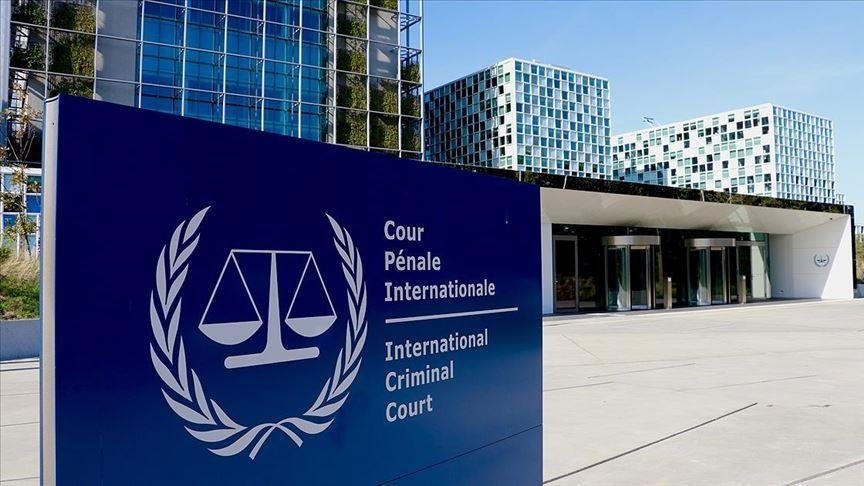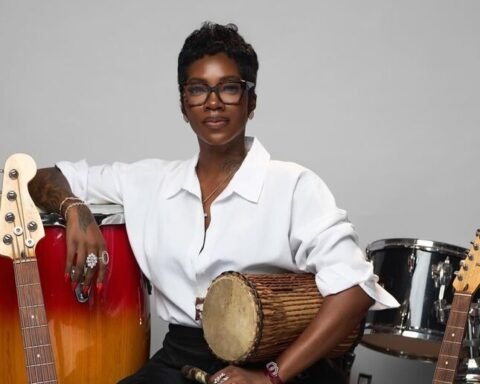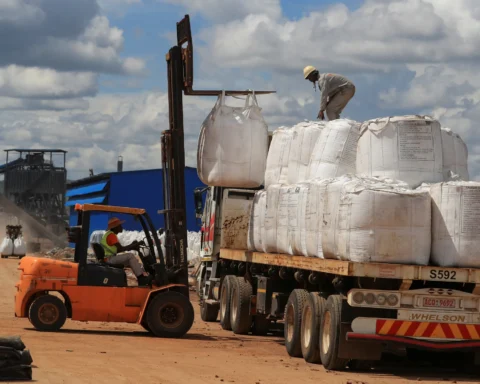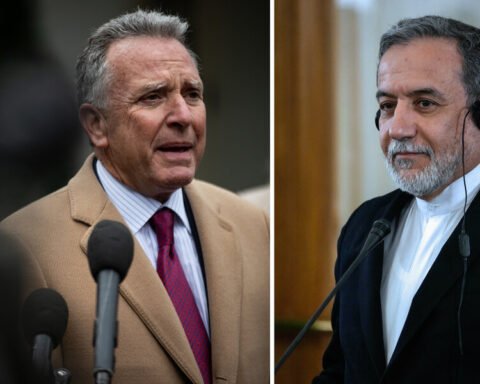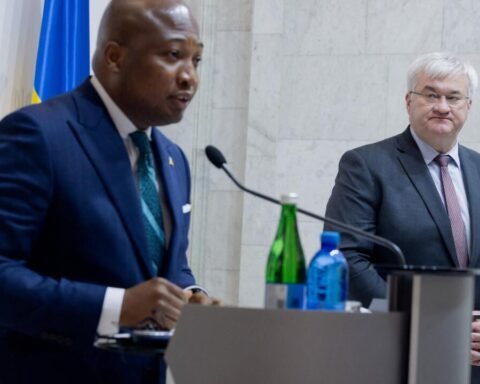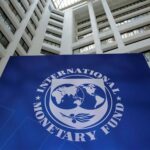Two high-profile militia leaders from the Central African Republic have been sentenced to prison by the International Criminal Court (ICC) in The Hague, following convictions for war crimes and crimes against humanity committed during the country’s brutal civil conflict between 2013 and 2014.
Patrice-Edouard Ngaïssona, a former Minister of Sports and Youth, and a senior figure in the Anti-balaka militia—a predominantly Christian armed group—was sentenced to 12 years in prison. His co-accused, Alfred Yekatom, a former member of parliament and ex-military commander nicknamed “Rambo,” received a 15-year sentence.
The convictions relate to 28 charges against Ngaïssona and 20 against Yekatom, including murder, persecution, torture, and orchestrating attacks on civilians. The court found both men had played leading roles in the militia’s violent campaign, which targeted members of the Muslim community during retaliatory attacks against the Seleka, a rebel coalition that had briefly taken control of the government.
The ICC’s panel of judges concluded that Ngaïssona and Yekatom were instrumental in inciting and coordinating attacks that led to massacres, the destruction of mosques, forced displacement, and other grave human rights abuses. According to the court’s judgment, they failed to prevent or punish subordinates for atrocities committed under their command.
Despite the gravity of the charges, Ngaïssona was acquitted of allegations related to rape, and Yekatom was found not guilty of using child soldiers—a charge that had previously drawn international condemnation.
Also Read; Kwala Dry Port Set to Revolutionize East African Trade
The Central African Republic Civil War began in 2013 when Seleka fighters, primarily Muslims, ousted then-President François Bozizé. In response, Christian militias such as the Anti-balaka rose up, leading to a spiral of sectarian violence that displaced more than one million people and killed thousands.
International observers say this landmark verdict is a major step toward ending a culture of impunity in one of the world’s most fragile states. Human rights organizations, including Amnesty International and Human Rights Watch, have praised the ICC for its commitment to justice in the region.
Legal analysts also believe this case sets a precedent for future prosecutions involving non-state armed groups and community militias, particularly in conflict-prone regions like the Sahel and Great Lakes region of Africa.
As the ICC prepares for possible reparations hearings, survivors and families of victims may soon receive long-overdue acknowledgment of the suffering they endured.
This ruling sends a powerful message to would-be warlords and militia commanders worldwide: justice may be delayed, but it will not be denied.

